Breakthrough from research foundation
Implementing the Government's orientation and Resolution 36 on biotechnology development, the Ministry of Science and Technology has chaired the implementation of Program KC.12/21-30 to "develop and apply biotechnology to serve economic and technical sectors, contributing to promoting the development of green economy, circular economy and improving the quality of life". The program focuses on research on advanced technologies such as gene technology, cell technology, enzyme technology, protein technology, microorganisms, environmental biotechnology and medicine.
Many initial results show clear feasibility and effectiveness, especially in the fields of agriculture and medicine. In agriculture, the application of biotechnology has helped to select and create plant and animal varieties with high productivity, high quality, and good resistance to pests and adverse conditions. In the field of medicine, many diagnostic biological products, vaccines and treatment drugs have been researched and produced domestically, contributing to proactively responding to epidemics and reducing dependence on imports.
Notably, Vietnam's biotechnology has made significant progress. Key research centers such as the Institute of Biotechnology (Vietnam Academy of Science and Technology), the Institute of Applied Technology (Ministry of Science and Technology), the Vietnam Academy of Agriculture or the Hanoi National University have all built strong research capacity and accessed many modern technologies. Many international standard laboratories have been established, creating a foundation for transferring research results to practice.
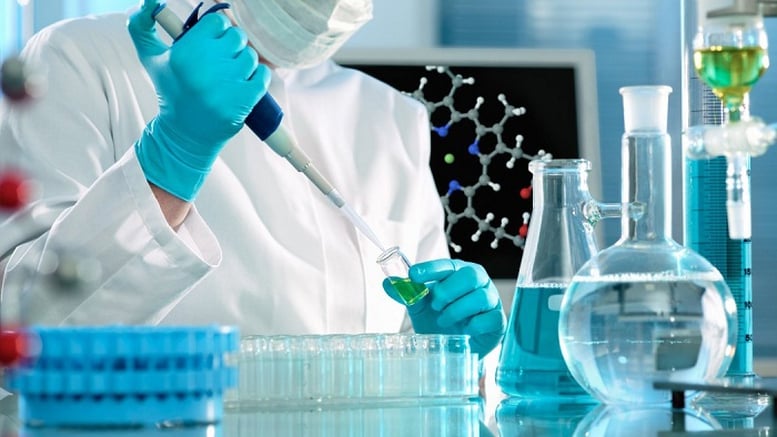
Developing biotechnology into an important economic and technical sector.
The Ministry of Science and Technology also coordinates with ministries, branches and localities to promote the formation of science and technology enterprises in the field of biology. A series of enterprises have successfully commercialized biotechnology products such as microbial preparations, enzymes, veterinary vaccines, environmental treatment products, microbial organic fertilizers, etc. These products not only serve domestic production but also aim for export, contributing to realizing the goal of Resolution 36 on building a biotechnology foundation to serve the socio-economy.
Towards a sustainable bioeconomy
In addition to the achievements, Vietnam's biotechnology still faces many challenges: uneven research capacity, limited equipment, lack of specialized human resources, and weak linkage between research and production. To overcome these challenges, the Ministry of Science and Technology is focusing on synchronously implementing solutions towards putting enterprises at the center of innovation, linking research with market demand.
According to the orientation of the KC.12/21-30 Program and the goal of Resolution 36, by 2030, Vietnam strives to become a country with a developed biotechnology industry, mastering many core technologies in the fields of medicine, agriculture, food industry, environment and bioenergy. The specific goal is to form an innovative ecosystem in biotechnology, with at least 500 enterprises applying biotechnology, of which 30-50 enterprises are capable of competing in the region.
Priority research directions identified include: Development of vaccines, biopharmaceuticals, microbial products for clean agriculture, biotechnology in environmental protection and waste treatment, bioenergy production, as well as the application of gene technology in precision medicine. Along with that is the task of perfecting the legal system, building technical standards and regulations, as well as promoting the training of highly qualified human resources.
A notable highlight is the strong shift in state management policy. Instead of only supporting basic research, current science and technology programs are more oriented towards application and commercialization of results. The State plays a "creating" role, creating conditions for research institutes, universities and businesses to cooperate and form value chains in the biological industry, a direction emphasized in Resolution 36. This is also a direction in line with international trends, when biotechnology is considered a pillar of the "bioeconomy", an economic development model associated with environmental protection and public health.
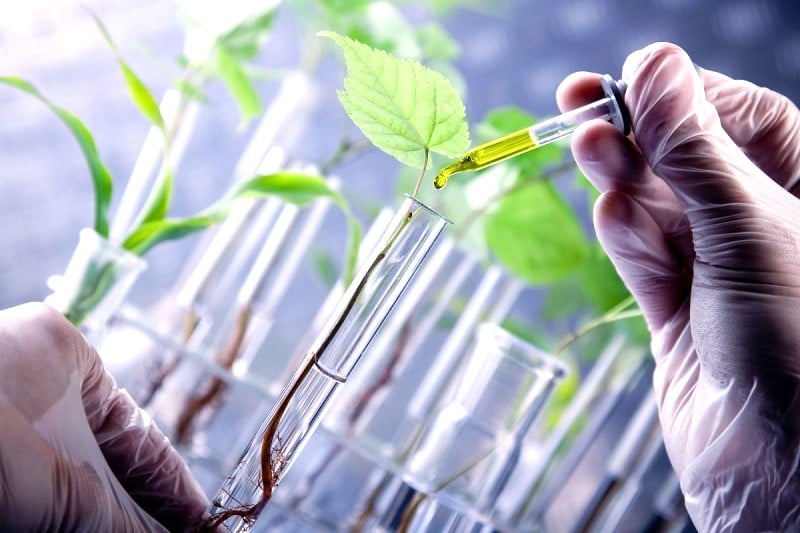
Current science and technology programs are more oriented towards application and commercialization of results.
At the same time, Vietnam focuses on international cooperation to learn and receive advanced technology. The Ministry of Science and Technology has signed many cooperation agreements with partners such as Japan, Korea, Germany, Israel... in the field of biology and gene technology. Through cooperation projects, many young Vietnamese scientists are trained, their research capacity is improved, and they gradually join the global scientific network.
Biotechnology is no longer the domain of scientists alone, but has entered life, becoming an important factor in the country's socio-economic development strategy. From laboratories to fields, from hospitals to processing plants, the applications of biotechnology are contributing to changing production methods, protecting human health and moving towards a green, circular, sustainable economy.
With a long-term vision and systematic investment from the State through the KC.12/21-30 Program, along with the participation of the scientific and business community, Vietnam is gradually realizing the goal set out in Resolution 36: Becoming a country with a developed biotechnology industry, self-reliant in technology, making practical contributions to economic growth and improving the quality of life of the people.
Source: https://mst.gov.vn/day-manh-phat-trien-cong-nghe-bi-hoc-huong-toi-nganh-kinh-te-mui-nhon-cua-quoc-gia-197251113093659863.htm




![[Photo] General Secretary To Lam visits Long Thanh International Airport Project](https://vphoto.vietnam.vn/thumb/1200x675/vietnam/resource/IMAGE/2025/11/13/1763008564398_vna-potal-tong-bi-thu-to-lam-tham-du-an-cang-hang-khong-quoc-te-long-thanh-8404600-1261-jpg.webp)






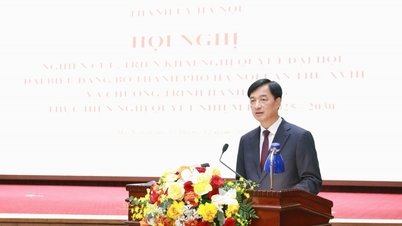


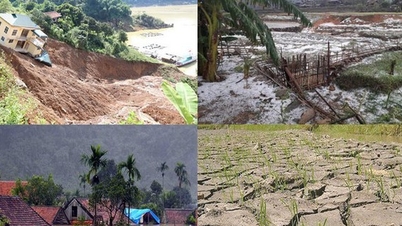





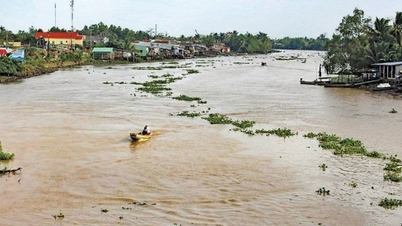

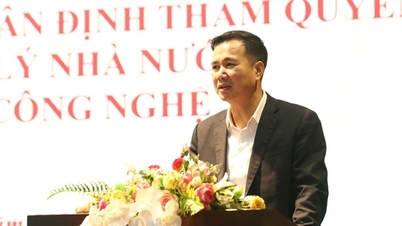


























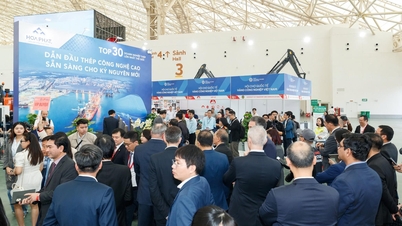
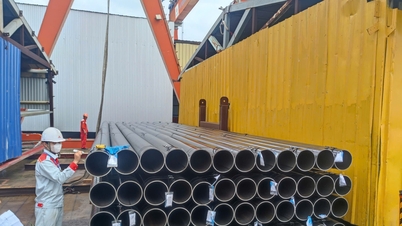










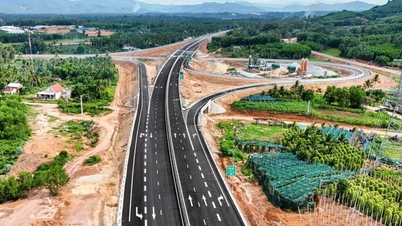










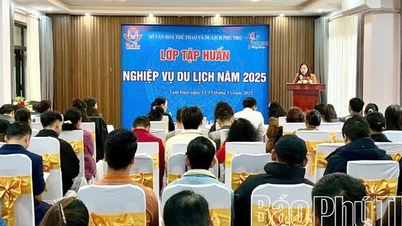
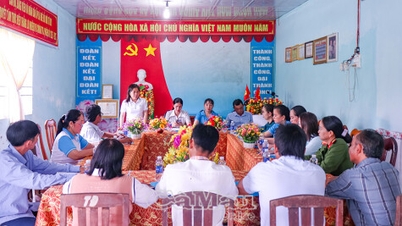

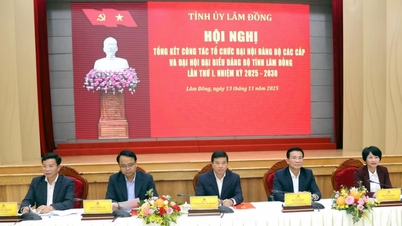

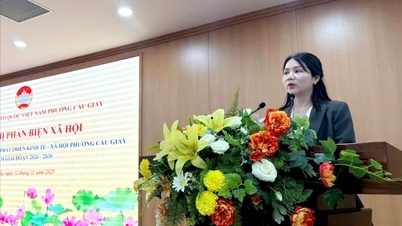
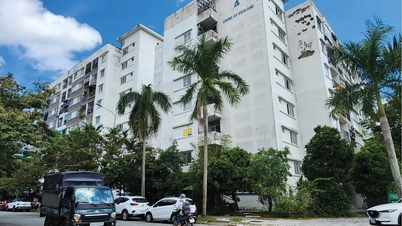

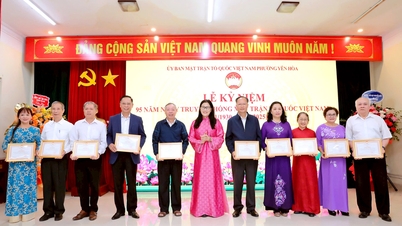
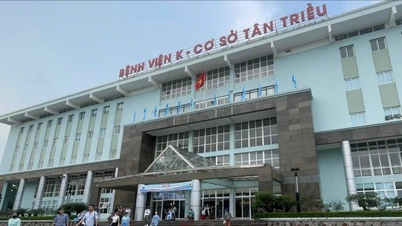






![Dong Nai OCOP transition: [Article 3] Linking tourism with OCOP product consumption](https://vphoto.vietnam.vn/thumb/402x226/vietnam/resource/IMAGE/2025/11/10/1762739199309_1324-2740-7_n-162543_981.jpeg)







Comment (0)